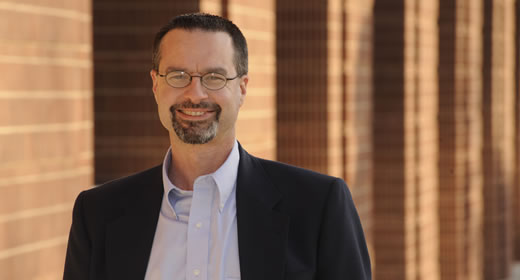
AMany local governments in Michigan report poverty and economic hardships among their residents, according to a survey from University of Michigan researchers.
Almost half (44 percent) of local officials say more than one in five of their residents struggle to make ends meet, including 7 percent who say a majority of residents struggle.
The survey asked about eight types of services or resources that might help struggling residents to make ends meet. Statewide, 74 percent of jurisdictions report at least some unmet need in at least one of the eight services.
More than 40 percent reported drug treatment programs, affordable housing, public transportation and job training on the top of the unmet needs.
“Economic recovery across Michigan in the wake of the Great Recession has been uneven,” said Tom Ivacko, associate director of the Center for Local, State, and Urban Policy (CLOSUP) at U-M’s Ford School of Public Policy. “Despite a very low unemployment rate, this survey finds poverty and economic hardship are widespread and common challenges exist in all kinds of communities.”
Nearly 20 percent of local leaders responded that they “don’t know” how to rank poverty and economic hardship in their communities, especially in smaller jurisdictions.
The survey, among the first of its kind to examine local government perceptions about poverty in Michigan, shows that economic hardship challenges affect all types of Michigan communities, whether they are large or small, and in urban and rural settings.
In addition to economic hardship, the survey specifically examined challenges related to public transportation, subsidized child care, emergency housing, job training and workforce development, subsidized health care, emergency food, drug treatment needs and affordable housing.
The data come from the Michigan Public Policy Survey, an ongoing poll of Michigan’s 1,856 local governments conducted by CLOSUP. The spring 2018 survey received a 74 percent response rate with results from 1,372 jurisdictions.
Among the survey’s key findings:
- By region, jurisdictions in the Upper Peninsula and Northern Lower Peninsula are the most likely to say residents struggle with economic hardship, while those in Southeast Michigan are the least likely to say so.
- Almost half of Michigan jurisdictions report unmet drug treatment needs (48 percent).
- Many jurisdictions report unmet affordable housing needs (46 percent), including 61 percent of jurisdictions in the Northern Lower Peninsula.
- About 60 percent of Michigan leaders believe their jurisdiction is doing the right amount of work to address poverty and economic hardship among its residents, 1 percent think they are doing too much, and 17 percent think too little.
- While few jurisdictions report having their own programs to address poverty, more than one-third say they partner with local organizations somewhat or a great deal to provide services.
“Based on these data, we see that many communities, especially smaller villages and townships, might not be getting the services they need for low-income residents,” said H. Luke Shaefer, director of Poverty Solutions at U-M and associate professor at the Ford School of Public Policy and School of Social Work.
“We know local officials can’t do it alone and that makes partnerships more important than ever. Employers, universities and decision makers from the broader region must be part of the solution.”
To address these challenges, many officials say they are working with county programs or community partners to meet residents’ needs. However, these partnerships are more likely to exist in counties and cities rather than smaller jurisdictions.
Poverty in Michigan ranks worse than most states, at 35th in the nation, with 14 percent of the population below the federal poverty level in 2018, compared to 12.3 percent nationally. The U.S. Census Bureau defines poverty as a family of four with income less than $25,000 a year.
More information:
- CLOSUP Report
- Michigan Public Policy Survey
- Center for Local, State, and Urban Policy
- Poverty Solutions at the University of Michigan
- U-M Ford School of Public Policy
By Mandira Banerjee | Originally published by Michigan News, March 6, 2019
